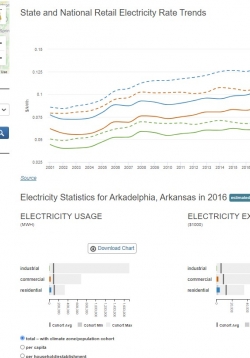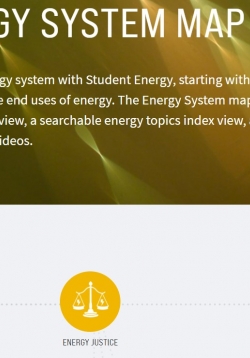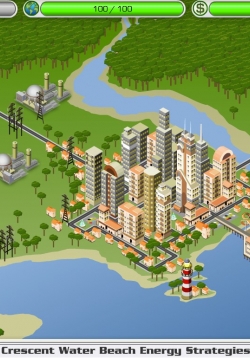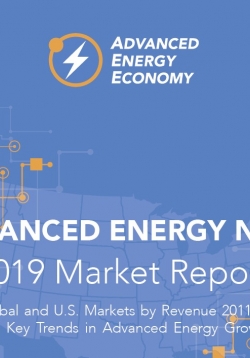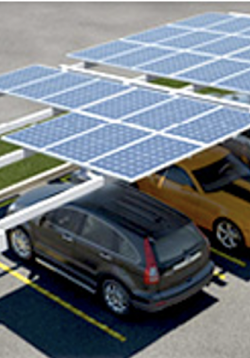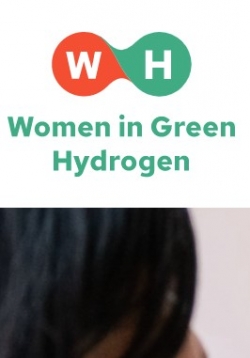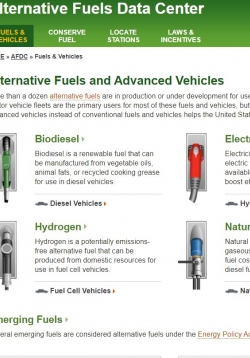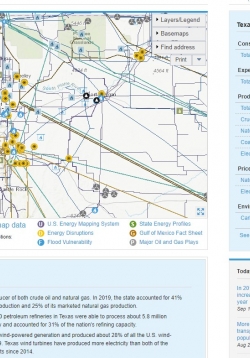
A superb research resource for MS and HS students that provides state-by-state data on energy consumption, generation and costs. Also includes state rankings for various energy sources, and individual generation facilities in an interactive map so students can understand what resources and sources of energy and present locally, as well as the grid interconnections. The EIA site also a links to a wealth of other energy data and reports for more detailed analysis, inluding near-term energy forecasts.

